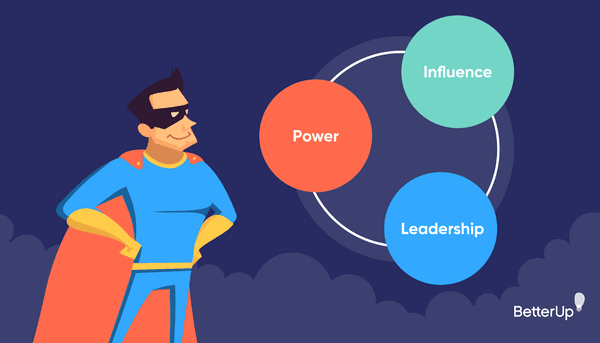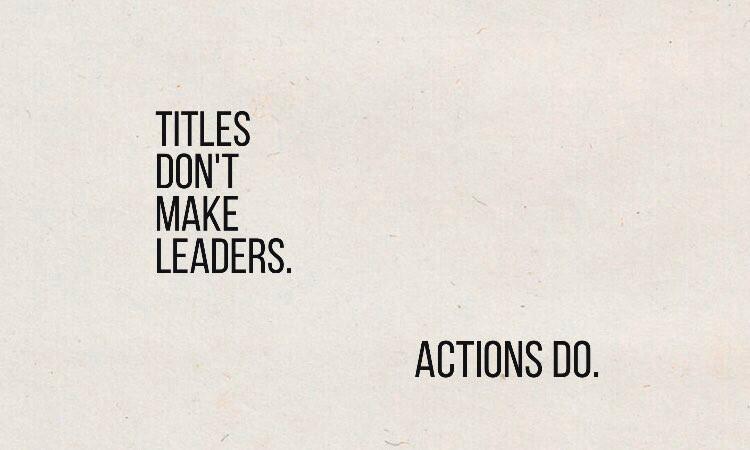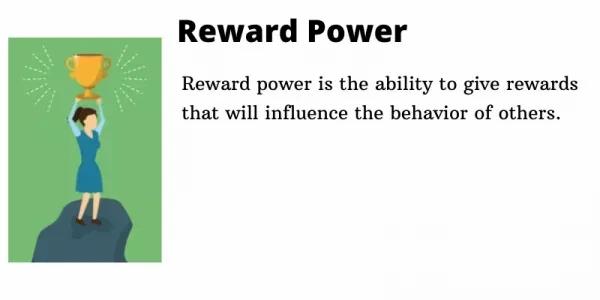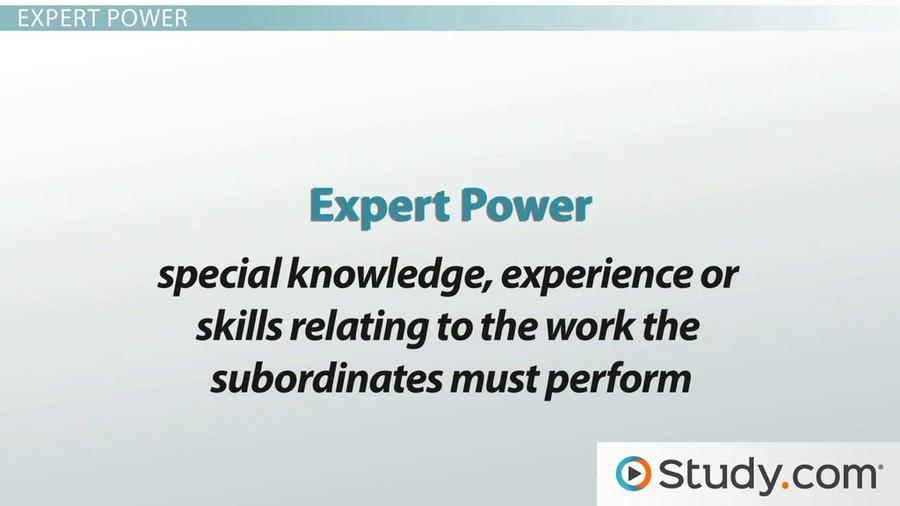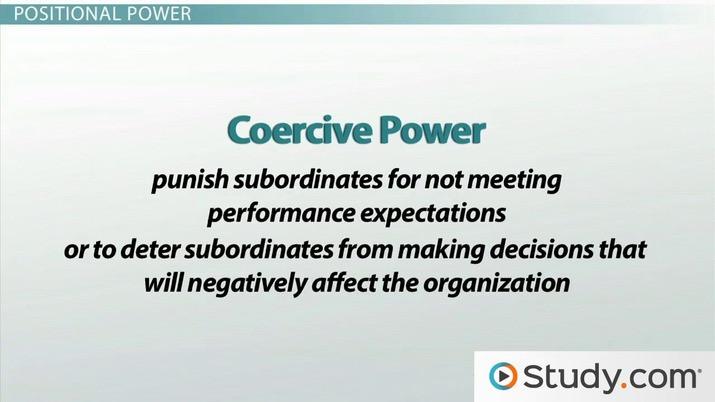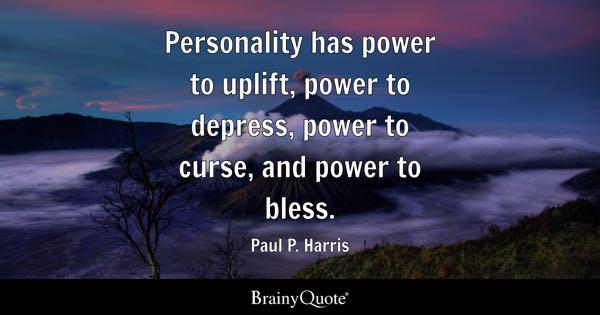Power is Powerful. What are the 5 ways Managers use Power?
Curated from: projectmanager.com.au
Ideas, facts & insights covering these topics:
9 ideas
·1.36K reads
12
Explore the World's Best Ideas
Join today and uncover 100+ curated journeys from 50+ topics. Unlock access to our mobile app with extensive features.
What is power?
Have you ever looked at someone in power and wondered: ‘how did they get there?’ Is there some special power gene that makes certain people rise to the top of the power hierarchy, but not others?
In a popular study in 1959, social psychologists John French and Bertram Raven identified 5 types of power: legitimate, reward, expert, referent, and coercive.
23
231 reads
With The Title, Comes Great Power
Throughout our careers as project managers, we wear many hats, and therefore, we use different types of power.
Sometimes we come into a project as an expert in a particular field (expert power). At other times, we have the ability to give or deny resources for a project (reward and coercive power).
If you’re named the project manager on a project, this very title brings you a form a power (legitimate power).
And when we have no formal sources of power, we have to rely on our likability factor and ability to influence others (referent power).
22
195 reads
Legitimate Power
1. Legitimate power
This type of power comes from the belief that a person has a formal right to make demands.
For example, a CFO has legitimate power over an intern working for them, as they are higher in the organisational ranks.
While we can’t always choose our titles and organisational hierarchy in our workplaces, we can choose the kind of project management post-nominals we want after our name (PMP, PMI-ACP, CAPM, to name a few).
These letters after your name give you legitimate power that translates to real career improvements.
22
155 reads
Reward Power
2. Reward power
This type of power comes from the ability to reward/compensate another person.
Let’s say you have the resources that a project team needs. In the past, you typically provided the resources with no questions asked, and when the project team says, “thank you,” and you say, “no problem.” Now, what is the problem here?
When someone says “thank you” as a reward for something you’ve done is the crucial moment at which you have power. And here is how you can grab that power: instead of saying, “no problem” you can say, “of course, I know that you would do the same for me.”
24
146 reads
Expert Power
3. Expert power
This type of power is based on a person’s superior skill or knowledge in a certain area of expertise. What areas are you an expert?
If you can’t recognise it, think to what people ask you to help with most often. is it helping to negotiate a contract or to do a risk analysis?
Ask others what areas they think you excel in, if you also enjoy doing these activities, you are well on your way to becoming an expert in that area.
No matter what skill/area you ultimately choose, deliberately practice becoming better to develop the area(s) of expertise, you will experience more power.
22
125 reads
Referent Power
4. Referent power
This type of power deals with your likability factor. If you think going out to lunch with your co-workers and attending company-sponsored events is a waste of time, think again.
The relationships and bonds that you build with your work associates can result in real power.
People would rather work with people that they know and like than those that they don’t know and don’t care for.
22
129 reads
Coersive Power
5. Coercive power
This type of power comes from the belief that one can punish another in order to achieve compliance from them. This is usually tied to legitimate power.
For example, a boss has the authority to reprimand an employee for not complying with a request.
However, this type of power can also be tied to reward/expert power if you have information/skills that could help someone, but by withholding this help, you are, in effect, punishing them.
22
128 reads
What Power Do YOU Wield?
While you may want to use this power sparingly (or else risk losing referent power), it can only help you if you recognise when the opportunity exists to use coercive power, and go from there.
The next time you feel powerless, stop and think: what do I have control of in this situation?
22
117 reads
Personality has power to uplift, power to depress, power to curse, and power to bless.
PAUL P HARRIS
24
137 reads
IDEAS CURATED BY
Self Motivated, Trauma Neutralizer, Lover of Persiflage & Communication!
CURATOR'S NOTE
Power can be dangerous or it could be benevolent. It's something that we use in our everyday lives. What type do you wield?
“
Similar ideas
7 ideas
We’re in the midst of a fundamental shift in leadership
fastcompany.com
60 ideas
PMP Study: 49 Project Management Processes - 100% Full List
blog.masterofproject.com
4 ideas
What is change management?
cio.com
Read & Learn
20x Faster
without
deepstash
with
deepstash
with
deepstash
Personalized microlearning
—
100+ Learning Journeys
—
Access to 200,000+ ideas
—
Access to the mobile app
—
Unlimited idea saving
—
—
Unlimited history
—
—
Unlimited listening to ideas
—
—
Downloading & offline access
—
—
Supercharge your mind with one idea per day
Enter your email and spend 1 minute every day to learn something new.
I agree to receive email updates
